I'm guessing you want this query
SELECT b.hash, b.page, n.favorite
FROM behaviour b
JOIN new_table n ON b.hash = n.hash
WHERE b.timestamp >= NOW( ) - INTERVAL 20 SECOND
AND b.hash = n.hash
ORDER BY b.hash
I don't understand your remark about GROUP BY in your question. It looks like you want the most recent third of a minute's worth of items.
At any rate, if you create a compound index on your behaviour table containing the following columns, your query will probably start running acceptably fast.
(timestamp, hash, page)
Why? MySQL's query planner can random-access the index to start at the timestamp value in the query. That's O(log n) quick. Then it can scan the index sequentially for the information needed by your query. That's almost instantaneous.
Is it possible you want this?
SELECT b.hash, b.page, MAX(n.favorite)
FROM behaviour b
JOIN new_table n ON b.hash = n.hash
WHERE b.timestamp >= NOW( ) - INTERVAL 20 SECOND
AND b.hash = n.hash
GROUP BY b.hash, b.page
Or this?
SELECT b.hash, b.page, GROUP_CONCAT(n.favorite)
FROM ...

